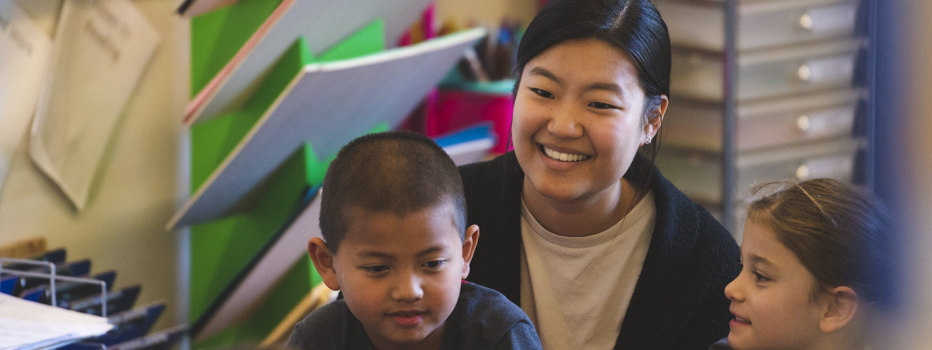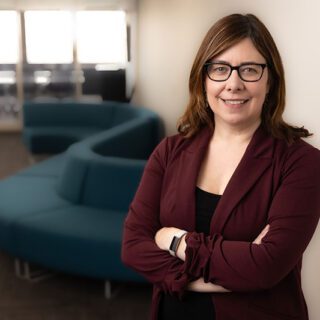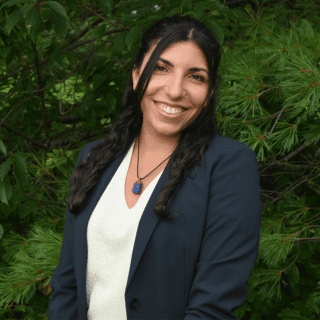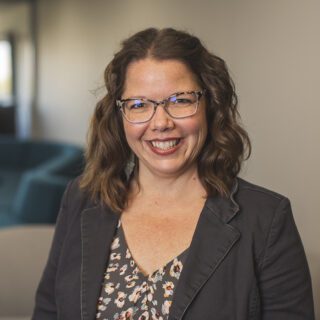Become an expert in supporting the success of at-risk populations across diverse settings.
The Master of Science (MS) in Applied Developmental Psychology (ADP) builds the skills you’ll need to address the needs of children, youth, and families across multiple settings, including community-based organizations, schools, hospitals, advocacy organizations, residential treatment programs, out-of-school programs and service agencies. This rigorous four-semester program blends challenging coursework with community-based practice making graduates stand out in the job field.














